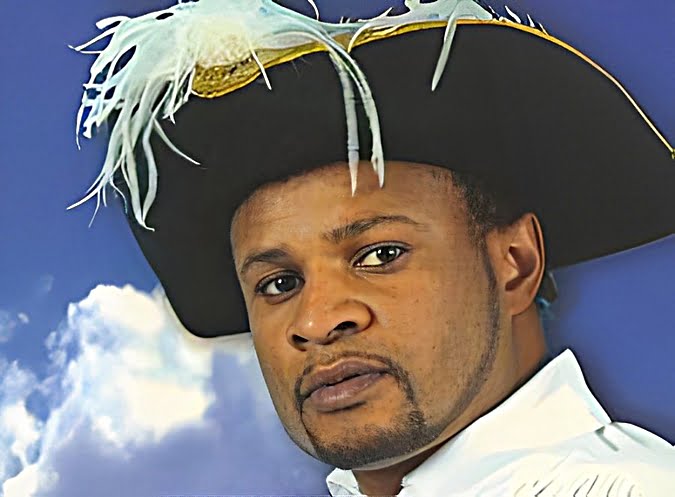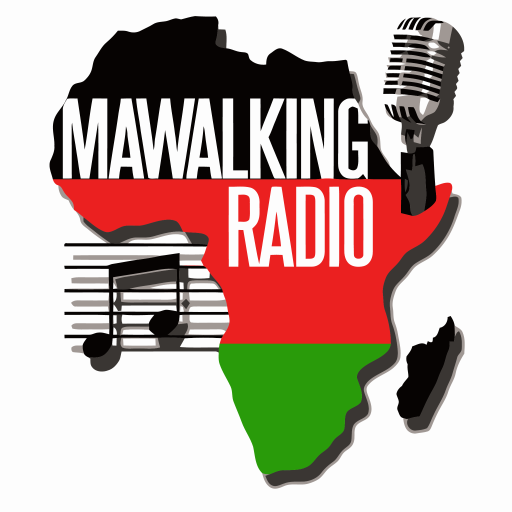
Djouna Big-One: The Majestic Congolese Musician
Djouna Big-One: The Maestro of Congolese Music
In the vibrant world of African music, few artists have left as profound an impact as Djouna Big-One, also known as Djouna Mumbafu. A central figure in the evolution of Congolese music, Djouna Big-One has become synonymous with the Soukous and Ndombolo styles that have resonated far beyond Africa’s borders. His illustrious career has not only shaped the musical landscape of his homeland but has also influenced genres and artists worldwide, including the burgeoning Afrobeats scene in Nigeria. As we dive into the life and legacy of Djouna Big-One, we celebrate a true icon whose melodies have transcended generations.
The Empire Bakuba Connection
Djouna Big-One first gained widespread recognition as a key member of the legendary band Empire Bakuba. As the lead singer alongside the iconic Pepe Kalle, Djouna’s voice became a defining element of the group’s sound. Empire Bakuba’s music was a staple of Congolese culture, and Djouna’s contribution was instrumental in their success. However, his journey didn’t end there. Djouna Big-One eventually branched out, leading his band, “Orchestre Bigone,” where he continued to innovate and push the boundaries of Congolese music. His partnership with Alli Kalle, Pepe Kalle’s younger brother, further cemented his place in the annals of African musical history.
Musical Contributions
Djouna Big-One’s discography is a testament to his exceptional talent and creativity. Among his many achievements, the song “6600 Volts” stands out as a crowning glory, earning him recognition as a Kora Awards top winner finalist. This track, along with the album “Tonnerre De Brest,” showcased Djouna’s ability to craft melodies that are both timeless and impactful. Hits such as “Onze Onze,” “Keba na Mopepe,” “Nez a Nez,” “Karachiga,” and “Fin Du Match” have not only solidified his status as a musical maestro but have also become anthems that continue to inspire and entertain listeners across the globe.
Crossing Borders
Djouna Big-One’s influence is not confined to Central Africa; his music has crossed borders, reaching audiences worldwide. Collaborations with renowned artists such as DJ Kalonji and the late DJ Arafat brought a fresh, West African flavor to his work, blending Congolese rhythms with coupé décalé beats. His partnerships with musical giants like guitarist Dally Kimoko, Diblo Dibala, Fally Ipupa, Awilo Longomba, and others have further broadened his musical horizons, showcasing his versatility and commitment to creating music that resonates with a diverse audience.
The Revolution of Djouna Big-One
Born as Bileku Mpasi Jean-Pierre Matonet in Kinshasa, Djouna Big-One emerged as a revolutionary force in Congolese music. From a young age, his talent for dance and music set him apart, and he quickly became known for his energetic “atalaku” yells and innovative choreographies. These elements brought a new dimension to Congolese music, captivating audiences both at home and abroad. Djouna’s contributions to the genre have been nothing short of transformative, earning him a place among the greatest musicians of his time.
Conclusion
Djouna Big-One’s remarkable journey from his early days with Empire Bakuba to his current role as the leader of “Orchestre Bigone” is a testament to his enduring talent and influence. His ability to seamlessly blend different musical styles and collaborate with artists across the continent has made him a true icon of African music. As we celebrate Djouna Big-One’s birthday and honor his legacy, we recognize the lasting impact he has made on the rich and dynamic landscape of African music. Cheers to Djouna Big-One, a maestro whose melodies continue to echo across borders and through the hearts of fans worldwide.



